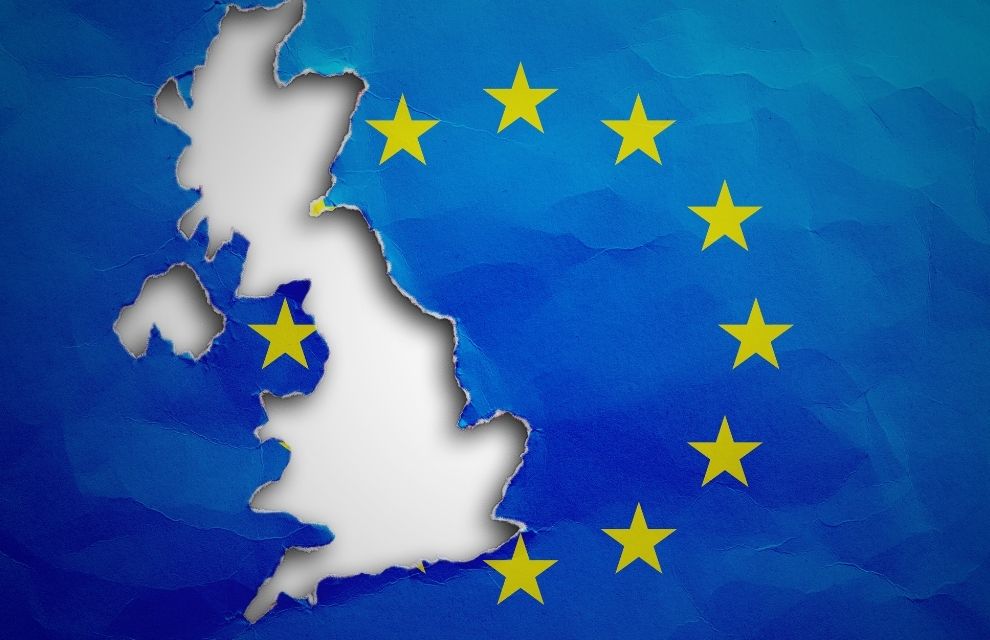The UK Government has revealed that the UK has granted Solvency II equivalence to the European Economic Area (EEA) states, including the member states of the European Union.
In the statement, the government confirmed Solvency II regulation will form part of UK law at the end of the transition period with the EU, stating the purposes of Articles 378, 379 and 380 of the solvency regulation will form part of the UK law.
It explained that the direction covers all three equivalence decisions covering both reinsurance and group capital treatment.
The government also noted that a full set of Solvency II equivalence decisions for the EEA states is beneficial for the UK by providing certainty and continuity.
The Solvency II directive, which came into effect on 1 January 2016, is an EU law that codifies and harmonises the EU insurance regulation.
Also in the statement the UK Government revealed that the Credit Rating Agencies Regulation Equivalence Directions 2020 will determine that, for the purposes of Article 5 of the Credit Rating Agencies Regulation which will form part of UK law at the end of the Transition Period, the EEA States are equivalent.
It said: “This means non-systemic credit rating agencies (CRAs) authorised or registered in the EEA States will be able apply to be certified in the UK, subject to certain regulatory requirements.”
Endorsement also allows for the cross-border use of ratings between the UK and the EU, which the government said will allow UK-registered CRAs to endorse credit ratings issued from affiliated EU CRAs which allows them to be used for regulatory purposes by UK firms.
However, one condition for endorsement is that the EU regulatory and supervisory framework is deemed to be ‘as stringent as’ the UK framework, the government explained.
The Financial Conduct Authority concluded a positive endorsement assessment in March 2019.
The UK Government said: “To provide clarity and stability to industry and reflecting the government’s commitment to be as open as possible HM Treasury announced as many decisions as we can in advance of the end of the transition period provided for under the agreement on the UK’s withdrawal from the EU on 31 December 2020.”
It added: “Granting these equivalence decisions provides a range of benefits, including supporting well regulated open markets, facilitating effective pooling and management of risk, and supporting UK and EEA clients’ access to financial services and market liquidity.”
In October, Rishi Sunak, the chancellor of the exchequer, announced that the government had started the first stage of reviewing the Solvency II regulation by calling upon the UK insurance industry for evidence.
The UK Government’s aim of the review is to “ensure that Solvency II properly reflects the unique structural features of the UK insurance sector”.
The main objectives of the review are “to spur a vibrant, innovative, and internationally competitive insurance sector” in order to “to protect policyholders and ensure the safety and soundness of firms”.




 Captive Consultation Banner Ads 800x1200 MM.jpg)

